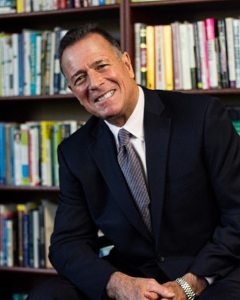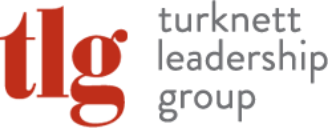
 By Tino Mantella
By Tino Mantella
TLG President & CEO
C-Suite executives generally encourage, evaluate, and reward functional leaders for exceptional performance within their span of control. Then, because they have done a great job building their piece of the pie, they are promoted and asked to “focus on the whole”, or in other words, focus on the entire organization. I contend that from day one, employees at all levels need to expend some of their time and energy understanding the value of the enterprise.
In a 2016 article by Professor Michael Watkins titled “Seven Transitions Good Leaders Must Make Moving from a Functional Leader to a General Manager”, Watkins describes the journey of focusing on the enterprise as “growing from a bricklayer to architect.” Now, we all likely understand what he is implying, but I would state that I certainly hope that the bricklayer has an understanding of what they are building. Being a part of something greater than your personal work is always more rewarding and effective.
The Challenge
Throughout my career, I have worked to move the hoarders of time, talent, and treasure, protecting their fiefdom, to a share and care mentality. Overseeing a capital campaign for the Chicago Metro YMCA addresses this topic perfectly, and it is an initiative that I am most proud of to this day.
The Chicago Metro YMCA was spread across three states. I had the accountability to serve over one million people through thirty-five branch operations. The participants in these branches mirrored the constituencies within their respective communities. Consequently, we served the poorest of the poor in some neighborhoods and the wealthiest in others. Board leadership represented the movers and shakers of each community. They all were excited to enhance their facilities through their capital efforts. Some of the greatest needs were in the poorest communities, but they could not raise the kinds of resources that could be secured in the areas with an abundance of dollars.
Focusing on the Whole
The natural tendency would be for every Board of Directors YMCA to take care of their own. When we started the initiative, most were unaware of the needs of YMCAs beyond their doors. So, on one Saturday in the Fall, we decided to bring all the YMCA leaders together from the thirty-five units to tell their stories of need. Each YMCA took its turn and most every YMCA representative had an important story to tell.
When all had finished presenting, the Boards had an opportunity to vote on where unrestricted dollars should go. To my great pleasure, the wealthier communities voted for most of the unrestricted resources, which were coming from their communities and/or Foundations, to go to the poorer communities. I was very proud of all the attendees. The bottom line is that people are very open when given the opportunity to think beyond their span of control, and as leaders, we need to provide that opportunity to them.
Adopting an Enterprise Mindset
In her article titled “5 Ways to Develop an Enterprise Mindset”, Claire Williams writes that she stubbed her toe when she was a child and how her injury made a significant impact on her total mobility. She goes on to make the point that, “our bodies are not a collection of disparate parts that operate independently. If one part isn’t fully functioning it impacts all of you.”
Especially in today’s world, it’s critical that people understand and embrace and focus on the whole. Leaders at all levels need to bring the purpose of the organization to life and sync their messaging to the big picture.
Now, I am not saying that it’s inappropriate for leaders to have functional responsibilities and to take pride in being successful in areas within their span of control. What I am saying is that from day one, we shouldn’t put people in a vacuum and hold them accountable for just their area and then expect them to take on the enterprise side. Everyone is part of the enterprise, and when people think like it, there is more sharing, caring, compassion, purpose, motivation, and results. That is how to make a winning organization.
Tino
Contact Info:
Cell: 678-984-8528

